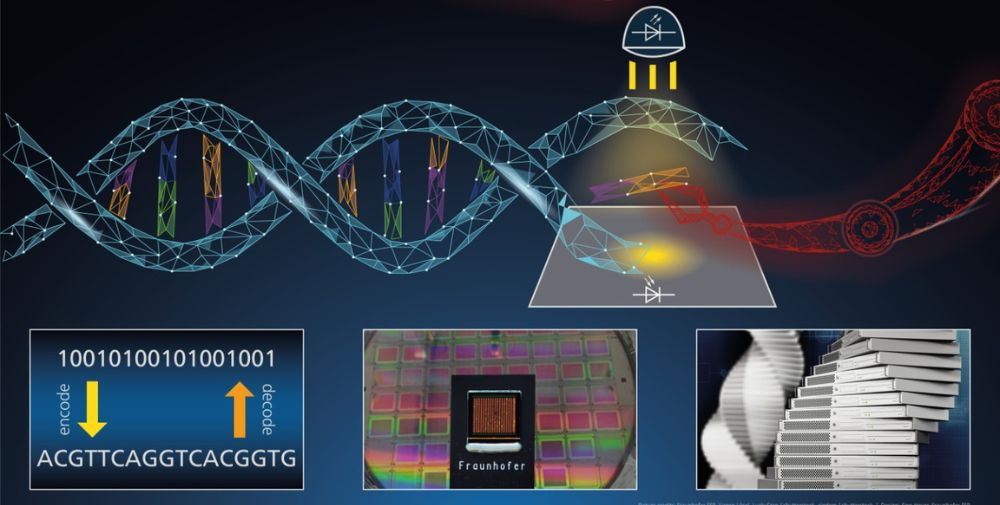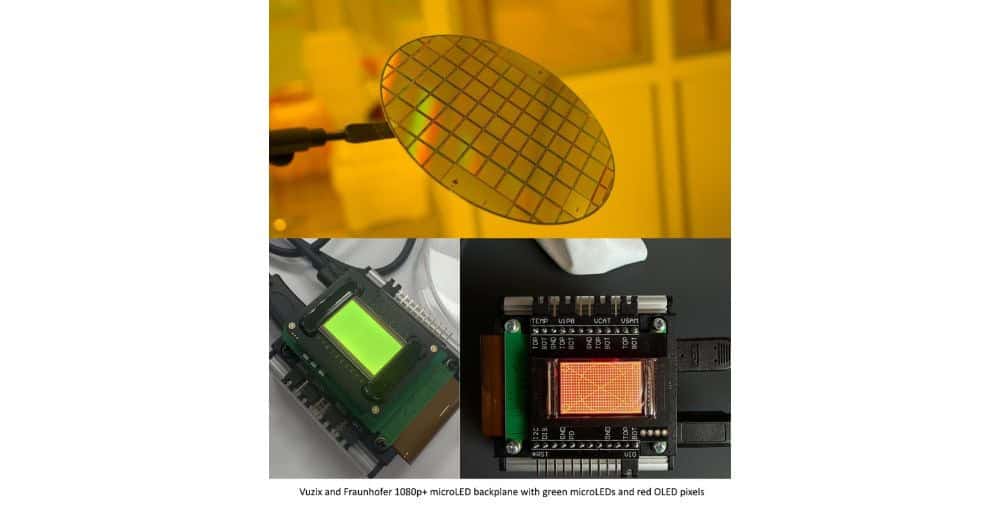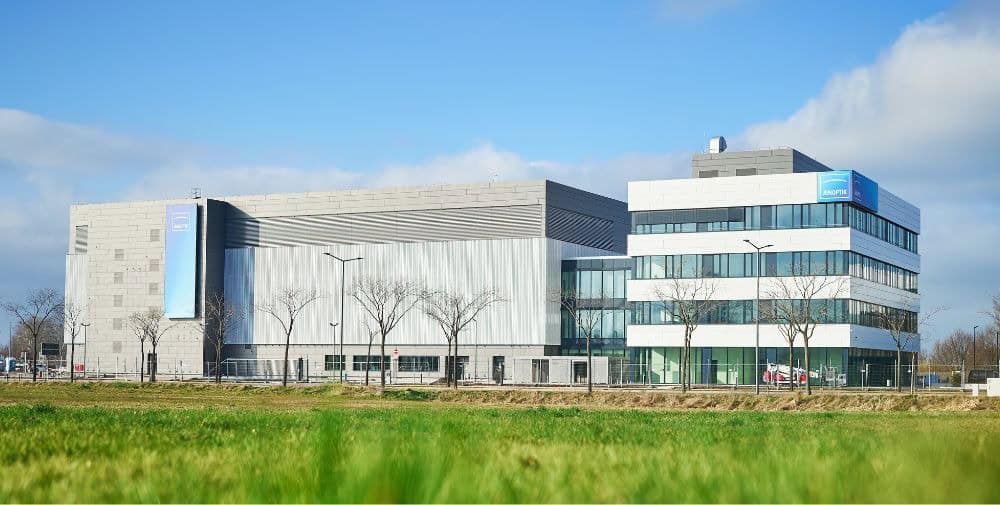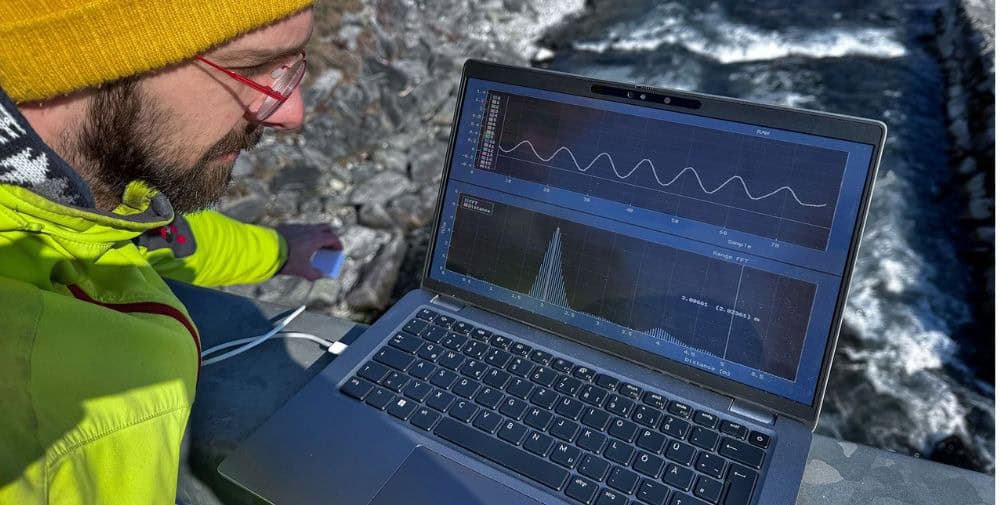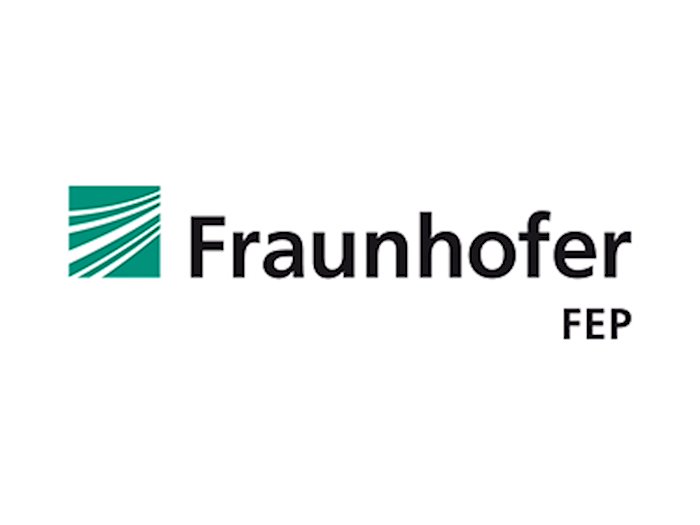
The global data volume is growing daily to the size of several terabytes. Much of this data must be stored and archived for the long term, and current technical possibilities are foreseeably reaching their limits. DNA as a storage medium is a real alternative here, but the microbiological synthesis of the translated data is still inefficient and imprecise as well as resource-intensive. Parameters such as high information density and lifetime as well as low energy costs are highly relevant. DNA is not only a storage medium for genetic information, but can also be used to store data. When using DNA as a mass data storage medium, digital information, i.e. a conventional binary code, is first translated into a genetic code, i.e. DNA sequences. Subsequently, these sequences are synthesized and stored. The coding and also the decoding of the data takes place digitally. However, machine processes are necessary for the synthesis and sequencing of DNA. The essential prerequisite for the development of a biological mass data storage device with high storage density and durability is a significant improvement in DNA synthesis, for which no high-throughput technology is yet available. Current synthesis approaches are very inefficient, especially in the production of long DNA segments, and generate inaccuracies that are time-consuming and expensive to correct. In addition, the device technology has so far been extremely space- and cost-intensive.
The research and development of a high-throughput microchip platform for DNA, RNA or peptide synthesis, among other things for future mass data storage, is the goal of the Fraunhofer-funded project “BIOSYNTH”. In order to be able to align the research work with the needs of future users at an early stage, the scientists of the participating Fraunhofer institutes FEP (coordination), IPMS, IZI-BB and ITEM want to exchange ideas with potential users across disciplines. In a user workshop, on December 05, 2023, they will present first insights into the results and technology demonstrators and at the same time seek dialogue with you.
Microbiological synthesis with high-throughput microchip platform
The microchip platform to be developed for writing software-defined nucleotide sequences (e.g.e.g. DNA, RNA or peptides) is to enable the highly parallel production of mass data memories in high throughput in the future by duplication in the series production processes of the microelectronics industry. With the help of the platform, miniaturization should replace today’s space-filling synthesis devices with portable, low-power, low-cost systems, thus enabling commercial biologically-based data storage. In addition, the platform can also be an important component for other applications such as eco- and food toxicology (including non-target screening), individualized therapies, bio-computing or in logistics.
Since the start of the project in 2022, the researchers have already achieved initial results in the individual sub-processes. For the future microchip platform, Fraunhofer FEP is designing the integrated circuit of the CMOS backplane to control and readout the microheaters for biosynthesis and the control for the OLED and photodetector pixels in the active matrix array for photoactivation as well as process control.
Dr. Uwe Vogel, division manager for microdisplays and sensor technology at Fraunhofer FEP and coordinator of the project explains, “In addition to CMOS development, we are currently working on a specially adapted OLED front plane and its technological co-integration with the Fraunhofer IPMS heating system to support synthesis. We are also investigating its influence on the downstream components and processes of the microchip platform. Promising initial trials have already been run here. The other institutes also achieved initial results, which we would like to present in a workshop at the end of the year.”
User workshop for the precise development of the microchip platform
In order to develop the microchip platform and also the microbiological synthesis processes precisely for future requirements, the research consortium will conduct a user workshop in December 2023. Here, the initial development results will be presented and discussed with a selected group of participants.
Dr. Vogel commented: “We would like to enter into discussions with potential users of such a microchip platform at an early stage. There are only a few research activities in this field in Europe at the moment. However, the potential of this technology can be groundbreaking and bring enormous improvements for a wide range of application areas. That’s why exchange and early coordination with other experts from other industries are important for us. Only in this way can we address the requirements of potential users that we may not even have envisaged until now.”
The Fraunhofer IPMS is developing the microchip platform level with the heating function for adjusting the temperature for biological synthesis. This function is achieved by structures in surface micromechanics following the Capacitive Micromachined Ultrasonic Transducers (CMUT) technology. In addition, Fraunhofer IPMS is responsible for the realization of a MEMS technology in which the OLED and photodetector pixels can be integrated. In the user workshop, Fraunhofer IPMS will present a first technology demonstrator of a controllable heater array showing the structures in surface micromechanics with open membranes.
Fraunhofer IZI-BB brings its expertise in cell-free bioproduction, microfabrication technologies and from microfluidics and biochemical synthesis to the BIOSYNTH project and is responsible for the synthesis processes to produce the DNA. Fraunhofer IZI-BB scientists will demonstrate the synthesis of DNA on a Fraunhofer IPMS heater array in the user workshop.
To implement data storage on this new platform, the Bioinformatics group at Fraunhofer ITEM is developing special coding methods in biological components. In December 2023, the institute will already present the coding of DNA and the processes to date for this as an example. For this purpose, the topics of data conversion, error-correcting codes, and possible Big Data technologies for the project will also be highlighted. At the user workshop, ITEM will show examples of coding schemes specifically tailored to the microchip platform, as well as data compression with a focus on write speed.
To ensure scientific methodology, industrial compatibility, and application relevance, the project and Fraunhofer consortium have been accompanied since the beginning by an advisory board that includes representatives from the University of Marburg, the Federal Archive, and the companies X-FAB Semiconductor Foundries, Infineon Technologies, and Hybrotec.
At the user workshop, on December 5, 2023, the researchers of all project partners as well as the advisory board of the BIOSYNTH project will be available for an animated open and interdisciplinary exchange on the platform technologies and future application fields of the high-throughput microchip platform – also beyond data storage! Interested companies and partners are invited to register for the workshop in Dresden (pre-registration required). First technology demonstrators and research results will be presented in papers and poster sessions by the project partners.
Application Workshop “BIOSYNTH”
Date: December 5, 2023, full day
Location: Dresden
Participation:The number of participants is limited. Therefore, an expression of interest for participation with a brief indication of motivation and further information is required via the form. Confirmation of registration will be sent by November 7, 2023 at the latest.
The workshop is free of charge.
Of course, there is the possibility to enter into non-disclosure agreements (also afterwards).
Further information and registration:
www.fep.fraunhofer.de/biosynth
About the project “BIOSYNTH”
BIOSYNTH – Modular High-Throughput Micro-Platform for Future Mass Data Storage from Synthetic Biology
Funded by the Fraunhofer-Gesellschaft e.V.
in an internal “PREPARE” program (40-03168).
Term: June 1, 2022 – May 31. May 2025
Project Partners:
- Fraunhofer Institute for Organic Electronics, Electron Beam and Plasma Technology FEP
- Fraunhofer Institute for Photonic Microsystems IPMS
- Fraunhofer Institute for Cell Therapy and Immunology, Institute Division Bioanalytics and Bioprocesses IZI-BB
- Fraunhofer Institute for Toxicology and Experimental Medicine ITEM
Advisory Board:
- Prof. Dr. Anke Becker, Philipps-Universität Marburg
- Christoph Kögler, Infineon Technologies, Dresden
- Volker Herbig, X-FAB Group, Erfurt
- Timo Dommermuth, Bundesarchiv Koblenz
- Jörg Schenk, Hybrotec GmbH, Potsdam
– – – –
Further links
👉 www.fep.fraunhofer.de
Photo: Fraunhofer FEP, Jürgen Lösel, LuckyStep / shutterstock, cigdem / shutterstock | Design: Finn Hoyer, Fraunhofer FEP
